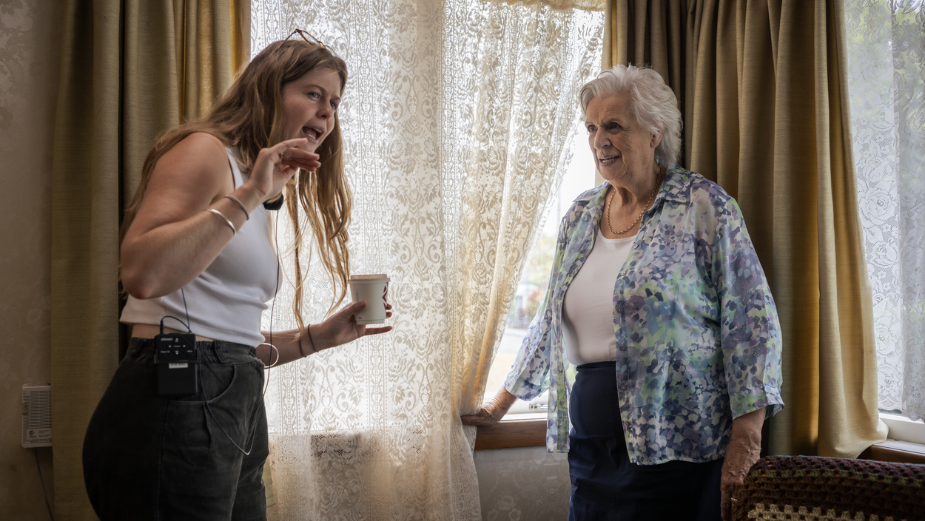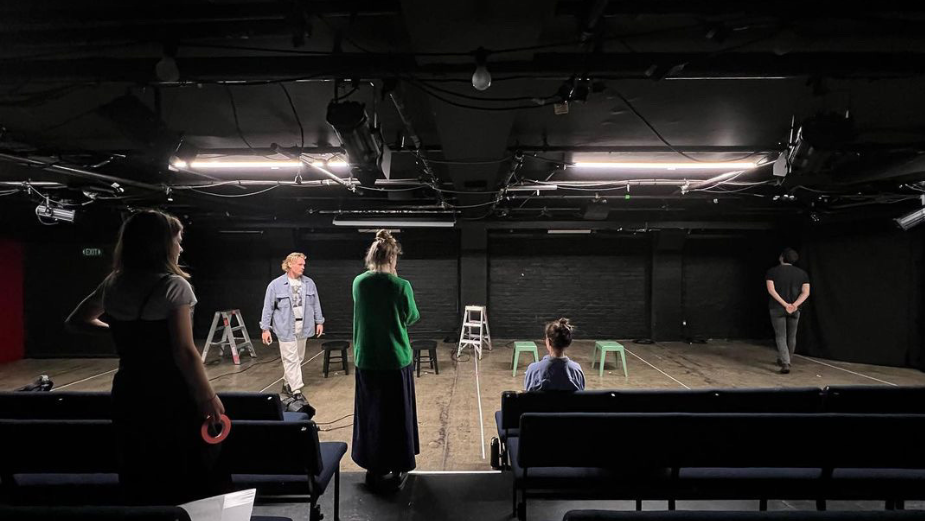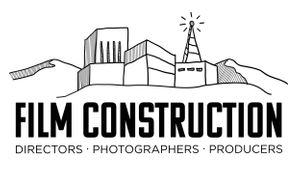
From Stage to Screen: Director Harriett Maire Reveals 6 Ways Theatre Taught Her to Excel in TV Commercials

“Show, don’t tell” is the maxim in film, while theatre often relies on dialogue and minimal setting. But scratch the surface, and there is much that can be learnt from theatre that directly applies to advertising filmmaking. Harriett Maire is a rising star in the world of commercial directing in New Zealand who has gained a strong reputation in both theatre and film.
Her recent directorial success was the debut NZ play 'Champions', written by Isabella McDermott. It garnered critical acclaim, a sold-out season, and an encore performance by popular demand.
We sat down with Harriett to learn about how her experiences in theatre have informed her work in TV commercials. "My experience in theatre has taught me how to work collaboratively and listen to different perspectives to achieve a common goal”, says Harriett. “It’s incredible how much one discipline leans on the other. Irrespective of medium, it’s always about story. The skills of directing and storytelling skills are holistic, and multi-faceted.”
Here are the top six things she brings from theatre to her commercial career:

1. Preparation is everything.
The more you do ahead of time, the better. I tend to write down my first impressions of the script and put together a mood board before talking to anyone else about the project. I also write a comprehensive list of questions (no matter how silly the questions may seem!) to ensure I’ve understood every layer of the writing that I’m being trusted to bring to life. As the project goes on and I can feel myself losing a little objectivity, I always plan to bring in fresh eyes to the process in the form of trusted collaborators and creatives who can see angles on the work that I can’t necessarily see from my perspective.
2. Words matter.
It’s all about attention to detail. I remind myself to squeeze all the juice from the words, so nothing is lost. Every single word, every single reference has to make sense to yourself, and to your actors. I learnt this from my days working on Shakespeare - if you don’t know what the line means, how do you expect the audience to understand? Intention of delivery is important - everything on stage, and everything in frame is there for a reason.
3. Timing, Flexibility and Mindfulness.
My experience in theatre has taught me how to be flexible and adaptable, which has helped me to deliver high-quality work for my clients. Even though in the theatre world there isn’t a clear cut client the way there is in the commercial world, there are still a lot of stake holders present. I’m clear about my vision from the start, and I make sure there’s lots of time to discuss each element ahead of D-Day.
Whether you’re directing a theatre show or a TVC, the days are long. And you’ve got to be on the entire time. I’ve learnt through theatre that being present and in the moment is key to making sharp decisions across long days when it feels like your eyeballs might fall out of your head. It’s about staying calm, and solving problems in a cost-effective and time efficient way.
4. Rehearsal is key.
For 'Champions', I deliberately built a long lead-time into our rehearsals. Because of our actors’ availabilities, the first month was essentially just one-on-one time with each actor. This allowed us to do so much ground work on the characters before joining together as a company. Of course, in commercials, the timeframe is 90 seconds as opposed to 90 minutes, but rehearsal remains just as important for me - even if I don’t have the luxury of a long lead-in time!
I make an effort to put in as much face-to-face time with my actors ahead of the shoot day as possible. This builds trust, and allows our collaboration and creativity to simmer in the background as the shoot day inches closer. It also means that on the day, things run as efficiently and smoothy as possible. Every second counts! I run the casting room, I run callbacks, and I’m always in fittings. Two or three chances to meet the actors ahead of the shoot makes such a difference to performance on the day.
5. Performance is priority.
In theatre, you can’t navigate performances through the wizardry of an edit. There are no cuts for an actor to hide behind. You’re processing the story in real-time, along with the actor. That’s a very special, extremely intimate process, and I carry that sense through to my film work whenever I can. My ongoing project, single/single, is a great way for me to explore the combination of theatre and film through a series of one-take monologues on screen.
6. Assemble the right team.
Irrespective of the medium, the team you have around you makes all the difference. It’s all about trust-building. Clearly explaining your vision to the wonderful team you’ve assembled and then trusting them to bring your vision to life with their own brilliant expertise. Storytelling is a team game. This job would be incredibly lonely without delicious collaborators! Whether the project has a $100 budget or a $100,000 budget, it’s all about the people.
Harriet's seamless transition between the worlds of film and theatre showcases her versatility. She combines the art of storytelling, collaborative skills, and meticulous attention to detail. Her adaptability positions her as a valuable voice in the creative landscape.
View Harriett’s work here.














